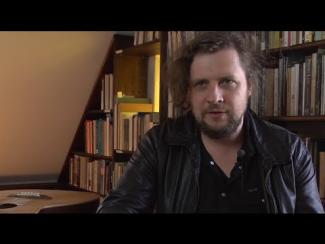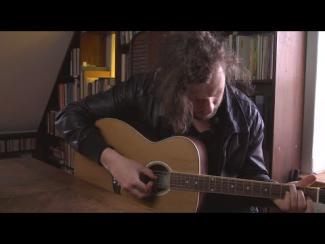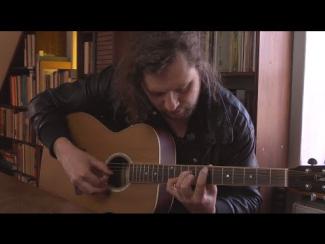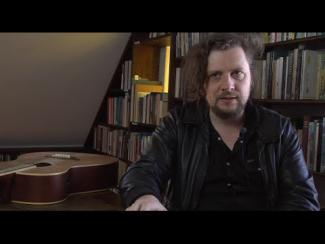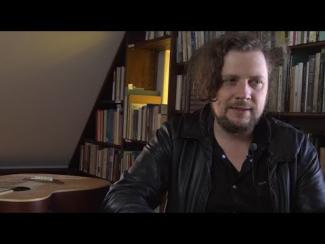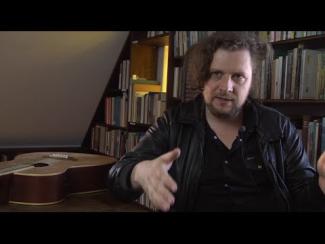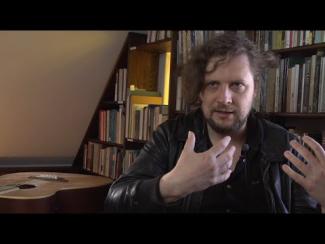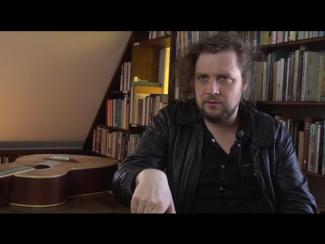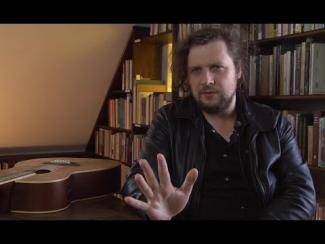The Yiddish Book Center's
Wexler Oral History Project
A growing collection of in-depth interviews with people of all ages and backgrounds, whose stories about the legacy and changing nature of Yiddish language and culture offer a rich and complex chronicle of Jewish identity.
“Finding Space for Another Language in Polish Monoculture”: Using Yiddish in How I Present My Music
Watch now:
Raphael Roginski, a musician and activist, talks about his decision to title all of his albums in Yiddish as a means of subverting the cultural homogeneity of contemporary Poland.
This is an excerpt from an oral history with Raphael Roginski.
This excerpt is in English.
This interview is part of the Yiddish and the Arts: musicians, actors, and artists series.

